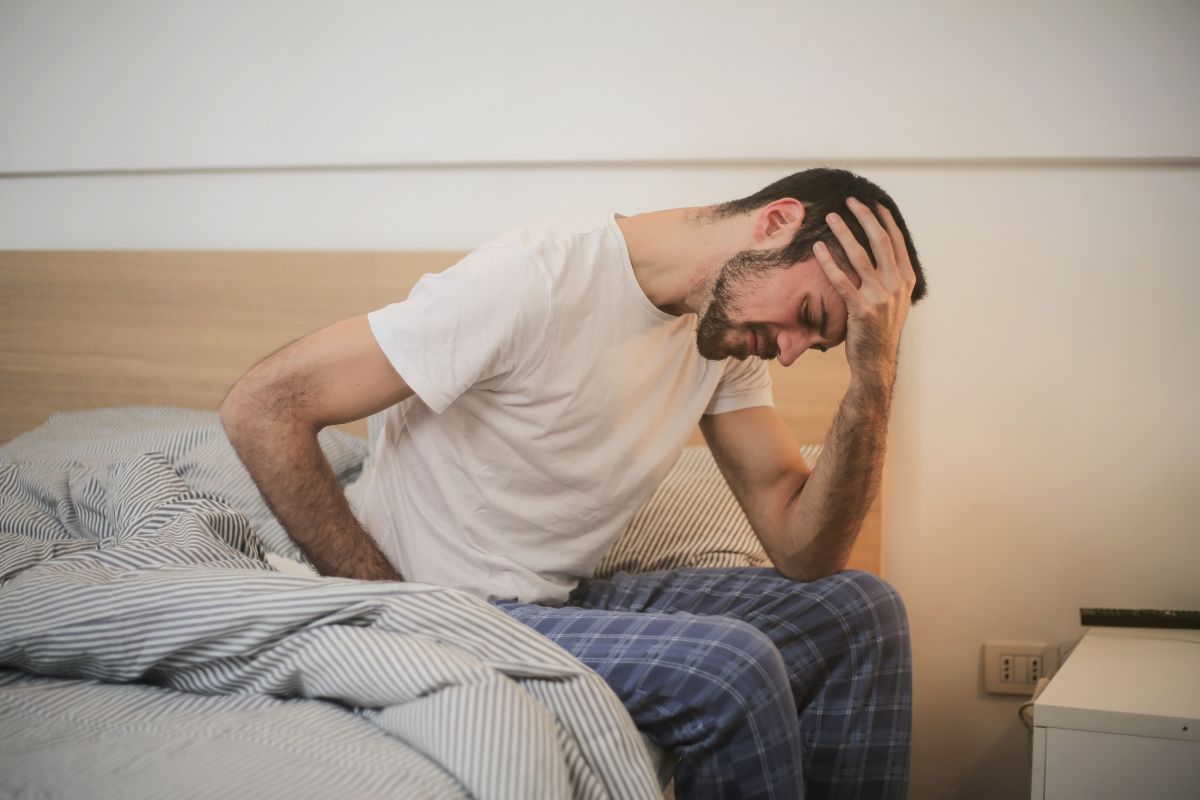


Have you ever experienced discomfort in your nether regions after an intense workout or during moments of stress? Well, fret not, because you might be experiencing what is commonly known as sperm cramps. While the name might sound alarming, sperm cramps are often benign and can be managed effectively with the right strategies. In this article, we’ll delve into what sperm cramps are, their causes, symptoms, and most importantly, how to alleviate them.
Table of Contents
ToggleSperm cramps also referred to as groin cramps or pelvic floor muscle cramps, are involuntary spasms or contractions that occur in the pelvic region. These cramps can vary in intensity from mild discomfort to sharp pain, and they typically arise after activities like exercise, prolonged sitting, or during times of stress.
Physical Activity: Engaging in strenuous physical activity or exercises that involve repetitive movements, such as cycling or running, can lead to sperm cramps.
Dehydration: Insufficient fluid intake can cause dehydration, leading to muscle cramps, including those in the pelvic region.
Nutritional Deficiencies: Electrolyte imbalances or deficiencies in minerals like magnesium and potassium may contribute to muscle cramps, including sperm cramps.
Stress: High levels of stress can manifest physically in the form of muscle tension and cramps, including in the pelvic area.
The symptoms of sperm cramps may vary from person to person but commonly include:
Pain or Discomfort: Aching or sharp pain in the groin or pelvic area.
Muscle Tightness: Feeling of tightness or stiffness in the pelvic muscles.
Difficulty Moving: Limited range of motion or discomfort when moving the legs or hips.
Managing sperm cramps involves a combination of lifestyle adjustments and targeted interventions. Here are some effective ways to relieve sperm cramps:
Hydration and Nutrition: Stay hydrated by drinking plenty of water throughout the day, and ensure you’re consuming a balanced diet rich in electrolytes, vitamins, and minerals.
Stretching and Exercise: Incorporate regular stretching exercises, focusing on the pelvic muscles, to improve flexibility and reduce muscle tension.
Stress Management: Practice relaxation techniques such as deep breathing, meditation, or yoga to alleviate stress and promote muscle relaxation.
Yes, dehydration can exacerbate muscle cramps, including sperm cramps. It’s essential to stay adequately hydrated to prevent cramping episodes.
To prevent sperm cramps from occurring in the first place, consider the following preventive measures:
Warm-Up and Cool Down: Always warm up before engaging in vigorous physical activity and cool down afterward to prevent muscle cramps.
Proper Hydration: Drink water regularly throughout the day, especially before, during, and after exercise, to maintain optimal hydration levels.
Balanced Diet: Ensure your diet includes a variety of nutrient-rich foods, including fruits, vegetables, lean proteins, and whole grains, to support muscle function and prevent deficiencies.
Sperm cramps are generally not associated with fertility issues. However, if you have concerns about fertility, it’s best to consult with a healthcare professional for personalized advice.
In many instances, individuals experiencing sperm cramps find relief through over-the-counter pain relievers like ibuprofen or acetaminophen. These medications can effectively alleviate the discomfort associated with such cramps, providing much-needed relief. However, it is imperative to exercise caution and prudence before self-medicating, as each person’s medical history and conditions vary. Therefore, consulting with a qualified healthcare professional is strongly advised prior to taking any medication, ensuring the appropriate dosage and potential interactions are carefully considered. By seeking medical guidance, individuals can ensure their safety and well-being while effectively managing their discomfort.
While sperm cramps are typically harmless and can be managed with self-care measures, there are instances where medical attention may be necessary. Seek medical advice if:
If you experience persistent or severe pelvic pain unrelated to physical activity or if the pain worsens over time.
If sperm cramps are accompanied by other concerning symptoms such as fever, swelling, or difficulty urinating.
If sperm cramps significantly affect your daily activities or quality of life despite trying self-care measures.
While sperm cramps, also known as groin or pelvic floor muscle cramps, can be uncomfortable, they are generally benign and manageable with appropriate measures. These involuntary spasms or contractions in the pelvic region often occur after strenuous physical activity, dehydration, nutritional deficiencies, or during periods of stress. Symptoms may include pain, muscle tightness, and difficulty moving.
To alleviate sperm cramps, it’s important to stay hydrated, maintain a balanced diet rich in electrolytes and nutrients, incorporate stretching exercises, and practice stress management techniques. Preventive measures such as warming up before exercise, proper hydration, and a balanced diet can help reduce the frequency of cramping episodes.

